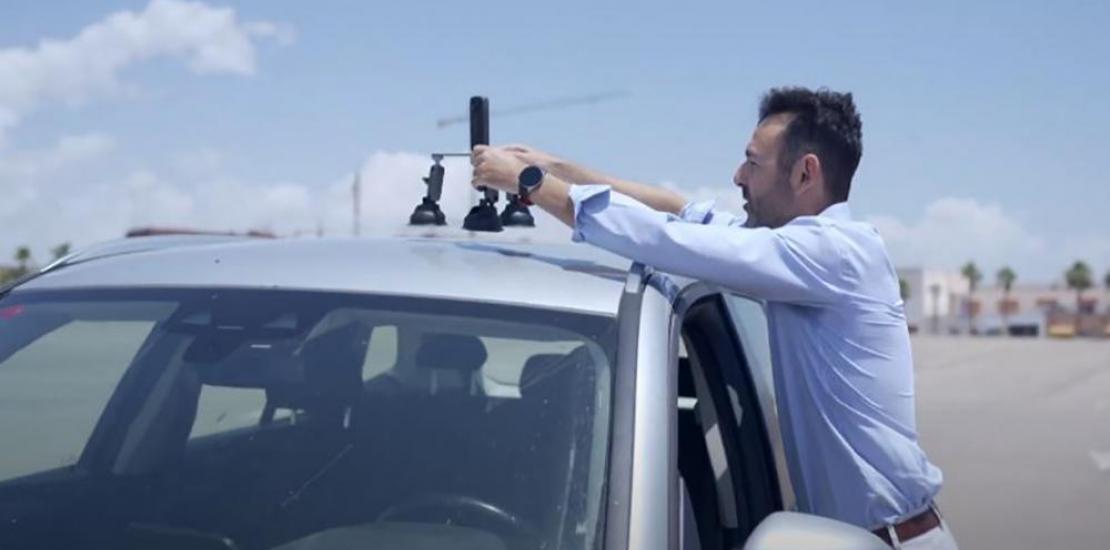Developing technologies for future urban mobility
The GRITA research group at the Universidad Católica de Murcia is working together with national companies to improve people's comfort.
Around the year 2050, it is estimated that more than 85% of the population will live in large cities, which poses a series of challenges that need to be addressed, and the key lies in innovation and technological development.
The Research Group in Advanced Telecommunications (GRITA) of the Universidad Católica de Murcia is working on this: smart cities, autonomous cars or the use of virtual reality to improve communication routes and urban mobility are some of the lines of research being carried out to tackle the problems that this demographic change entails, trying to improve people's quality of life using information and communication technologies.
Autonomous cars
GRITA is developing, in collaboration with the national companies Alvac and Sacyr, a system that will enable the management and maintenance of roads for the operation of future semi-autonomous or autonomous cars. This system captures images from inside the car - mainly from the car's control panel - to identify the icons related to roadside assistance systems, and thus locate the points or moments when they do not work properly or stop working. Once detected, the system communicates with an external camera that takes images and 360º videos, which it sends to a central geographic information control, where the people in charge of road management and maintenance can inspect all this information, identify the problem and provide a solution.
UCAM has established itself as a benchmark in research, with an investment of more than 250 million euros in projects over its 28 years, ‘aimed at solving specific problems that affect society’.




